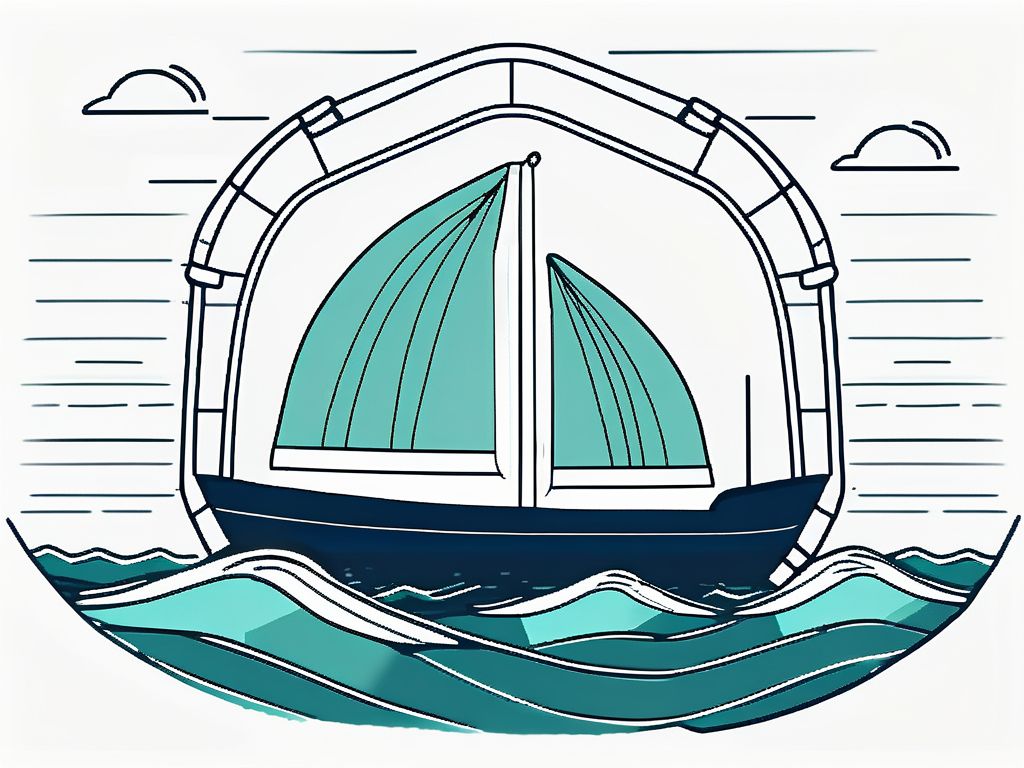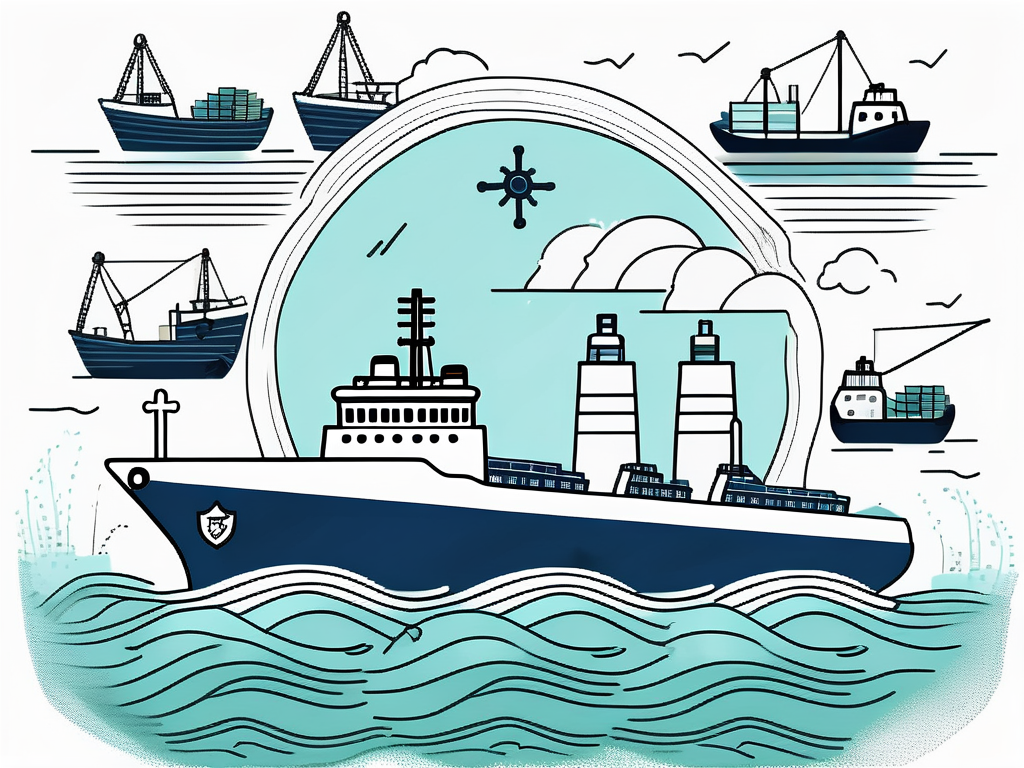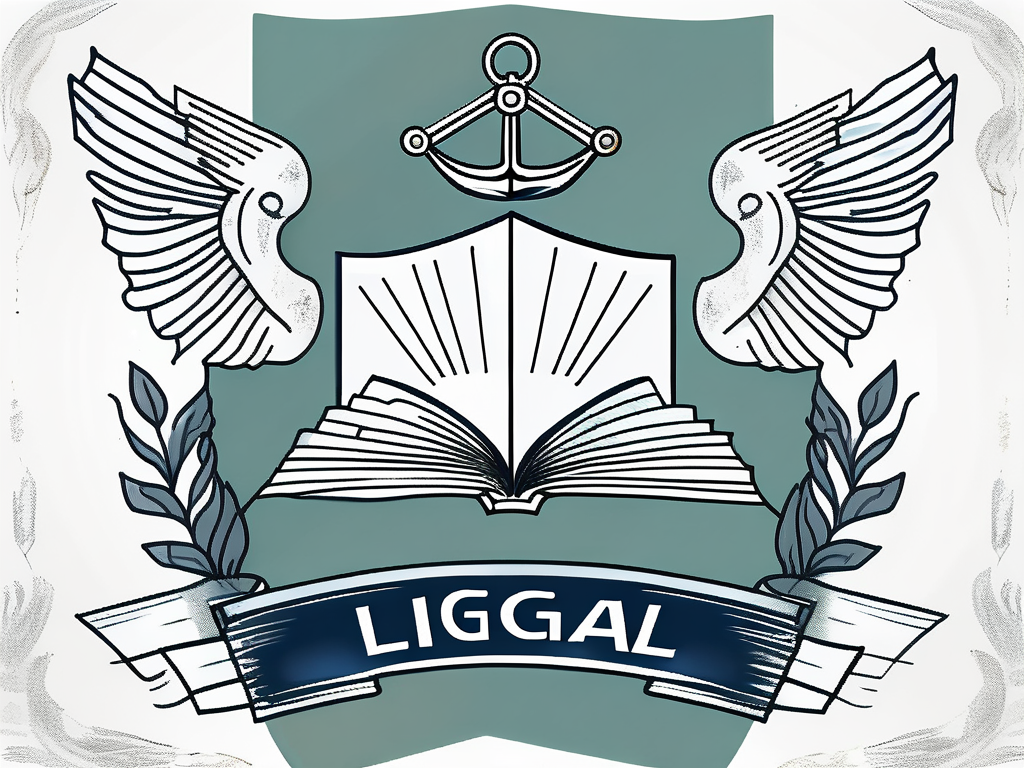Marine insurance is a critical component of global trade and shipping operations. It provides protection against the various risks and hazards that ships and cargo vessels may encounter during transportation across seas and oceans. Understanding the basics of marine insurance is essential for both marine operators and businesses involved in international trade.
Understanding the Basics of Marine Insurance
Definition and Importance of Marine Insurance
Marine insurance refers to a specialized form of insurance that covers the risks associated with shipping and transportation of goods over water. It provides financial protection to shipowners and cargo owners against potential losses or damages incurred during transit.

When it comes to global trade, the importance of marine insurance cannot be overstated. With a significant portion of goods being transported by sea, marine insurance ensures that businesses are safeguarded against potential losses due to accidents, disasters, piracy, or other unforeseen circumstances.
Imagine a scenario where a cargo ship encounters a severe storm, resulting in the loss of valuable goods. Without marine insurance, the financial burden of such a loss would fall solely on the shipowner or cargo owner, potentially leading to devastating consequences for their business. However, with marine insurance in place, they can rest assured knowing that they have a safety net to protect them from such unforeseen events.
Types of Marine Insurance Policies
Marine insurance policies come in various forms to cater to the different needs and requirements of shipowners, cargo owners, and other stakeholders. Understanding the different types of marine insurance policies can help businesses make informed decisions to protect their assets and investments.
- Hull insurance: This type of insurance covers the vessel against physical damage and provides indemnity for repair costs. It ensures that shipowners can restore their vessels to their pre-loss condition without incurring significant financial burdens.
- Cargo insurance: Protecting the goods being transported, cargo insurance provides coverage against loss, damage, or theft. Whether it’s perishable goods, valuable merchandise, or raw materials, cargo insurance offers peace of mind to cargo owners, knowing that their goods are protected throughout the journey.
- Freight insurance: In case of damage to the cargo, freight insurance covers the loss of expected revenue. This type of insurance helps businesses mitigate the financial impact of unforeseen events that may result in delays or damage to the cargo, ensuring that they can still meet their financial obligations.
- Liability insurance: Liability insurance provides indemnity for liabilities arising from damage to third-party property or injury to individuals. This type of insurance is crucial for shipowners and cargo owners, as it protects them from potential legal and financial consequences in case of accidents or incidents involving third parties.
By offering a range of insurance policies tailored to different aspects of maritime trade, marine insurance providers ensure that businesses can choose the coverage that best suits their specific needs, providing them with the necessary protection to navigate the unpredictable waters of global trade.
The Role of Marine Insurance in Global Trade
Marine insurance plays a crucial role in facilitating global trade by providing financial security to businesses involved in international commerce. It enables shipowners, cargo owners, and other parties to mitigate the risks associated with transporting goods across vast distances.
Imagine a world without marine insurance. The fear of potential losses due to accidents, piracy, or natural disasters would cripple international trade, hindering economic growth and development. However, with marine insurance acting as a safety net, businesses can confidently engage in cross-border transactions, knowing that they are protected against unforeseen events that could otherwise lead to financial ruin.
Moreover, marine insurance promotes confidence and trust among traders. It assures them that even in the face of adversity, their investments and assets are protected, encouraging them to explore new markets and expand their global reach. This sustained flow of goods stimulates economic growth not only locally but also on a global scale, fostering international cooperation and prosperity.
Therefore, marine insurance is not just a financial tool; it is an essential pillar of global trade, providing the necessary support and security for businesses to thrive in an interconnected world.
Key Elements of a Marine Insurance Policy
Coverage Scope
One of the key elements of a marine insurance policy is its coverage scope. The policy should outline the specific risks and perils that are covered, such as collision, sinking, fire, piracy, and natural disasters. It is crucial for the insured party to have a clear understanding of the extent of coverage provided.

Furthermore, the policy should specify any limitations or exclusions that may apply, ensuring that the insured is aware of situations or circumstances that are not covered by the policy.
Policy Exclusions
While marine insurance policies offer comprehensive coverage, there are certain exclusions that insurance providers incorporate to manage their risks effectively. These exclusions can vary depending on the type of policy and specific terms and conditions.
Common policy exclusions may include losses resulting from war, confiscation, delay, improper packaging, inherent vice, or pre-existing damage. It is important for insured parties to carefully review these exclusions to understand the potential gaps in coverage.
Claims and Compensation
In the unfortunate event of a loss or damage, the procedure for filing claims and seeking compensation is a critical aspect of marine insurance. The policy should clearly outline the steps to be followed, including the timeframe for submitting claims and providing supporting documentation.
The insurance provider will typically conduct an investigation to assess the validity of the claim, after which compensation will be determined based on the terms and conditions of the policy. It is essential for insured parties to be familiar with the claims process to ensure a smooth and efficient resolution.
The Process of Obtaining Marine Insurance
Assessing Risk and Premium Calculation
Before obtaining marine insurance, it is essential to assess the potential risks associated with the type of shipment or cargo being transported. Factors such as the nature of goods, route, destination, and previous loss history are taken into account to determine the risk profile.
Based on the assessed risk, insurance providers calculate the premium, which is the amount to be paid by the insured for the coverage provided. Premium rates may vary depending on factors such as the value of the cargo, the mode of transportation, and the level of coverage required.
The Application Process
Once the risk has been assessed and the premium calculated, the next step is to complete the application process. The insured party is required to provide detailed information about the shipment or vessel, including its value, origin, destination, and any additional requirements.
The insurance provider will review the application and may request further documentation or clarification if necessary. Once the application is approved, the policy is issued, and the insured party receives the necessary documentation to prove coverage.
Policy Renewal and Cancellation
Marine insurance policies are typically valid for a specified period, usually one year. The insured party has the option to renew the policy before it expires to ensure continuous coverage. The renewal process may involve reassessing the risk and adjusting the premium accordingly.
It is important to note that marine insurance policies can be canceled under certain circumstances. Insurance providers may cancel the policy if the insured party fails to fulfill their obligations, such as non-payment of premiums or failure to comply with policy conditions. However, cancellation is typically a last resort, and insurance providers work closely with insured parties to resolve any issues.
Legal Aspects of Marine Insurance
International Regulations and Conventions
Marine insurance operates within a legal framework governed by international regulations and conventions. These regulations provide a basis for standardizing insurance practices and resolving potential disputes among stakeholders in the shipping industry.

Important international conventions include the International Marine Insurance Code (IMIC), the York-Antwerp Rules, and the Hague-Visby Rules. These conventions lay down rules and principles that insurance providers and insured parties must adhere to in order to ensure fair and equitable treatment.
Rights and Obligations of the Insured
Insured parties have certain rights and obligations under marine insurance policies. They have the right to be provided with accurate information about the terms and conditions of the policy, including any exclusions or limitations.
Furthermore, insured parties have an obligation to disclose all material information related to the shipment or vessel. Failure to provide accurate and complete information may lead to the denial of a claim or cancellation of the policy.
Dispute Resolution and Litigation
In the event of a dispute or disagreement between the insured party and the insurance provider, various methods of dispute resolution can be pursued. These may include negotiation, mediation, or arbitration.
If all else fails, litigation through the court system may be required to resolve the dispute. In such cases, it is essential for both parties to have a thorough understanding of their rights, obligations, and the legal framework governing marine insurance.
In conclusion, marine insurance is a complex yet crucial aspect of global trade. From understanding the basics to the process of obtaining coverage and navigating legal aspects, it is essential for businesses and stakeholders involved in international shipping to stay informed and proactive in managing the risks associated with marine transportation. Through effective risk management and comprehensive insurance coverage, businesses can ensure the smooth and secure movement of goods across borders, contributing to the growth and sustainability of global trade.
